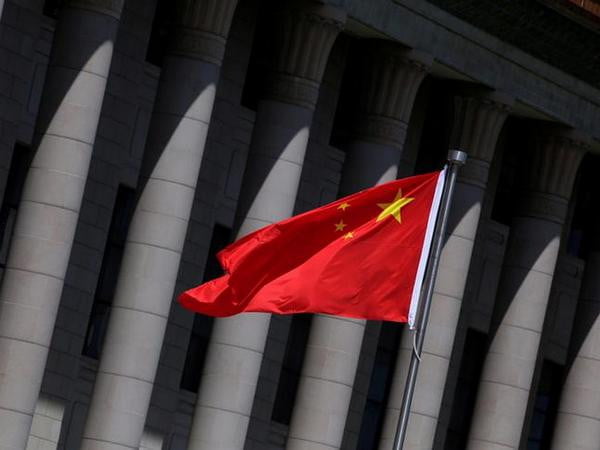THE Ministry of State Security said that China should inspire its citizens to participate in counter-espionage work, as well as, reward and protect entities who report espionage to normalize the concept of people participating in such work, reported CNN.
“Enhance the mechanism for reporting espionage by legally commending, rewarding and protecting individuals and organizations who report espionage,” it added, “so as to normalize the mechanism for the people to participate in counter-espionage work,” it said.
China’s highly secretive civilian spy agency launched a public account on a social media platform and called on the people to join them against espionage, offering rewards and protection for the people who provide them with information.
The Ministry of State Security is a lot secretive about its work and even its public website does not describe its activities, according to CNN. It launched an account on WeChat on Monday which has more than one billion users. The next day, the account published its first post with the title, “Countering espionage requires the mobilization of all members of society.”
The ministry added that the national security bodies should keep reporting channels like hotlines and online platforms which are open to handle reports of suspected espionage within China in a timely way. Moreover, it said that it is the mission of “national bodies, civic groups and commercial enterprises” to carry out anti-espionage measures. It further added that the government and the industry heads should take responsibility for that matter, CNN reported.
Chinese authorities have been encouraging the public to inform about any suspected foreign spies as well as their Chinese collaborators through propaganda and incentive campaigns for years now. The officials and state media have been saying that China is under constant threat from “hostile foreign forces”. These forces are trying to infiltrate and undermine the country, reported CNN.
Earlier this year, the security ministry’s debut WeChat post quoted new amendments to a counter-espionage law passed by China’s rubber-stamp legislature. It further cited that news outlets, broadcasters, television stations, the culture sector and internet providers should also contribute to anti-espionage education.
Under China’s revised Counter-Espionage Law, all “documents, data, materials, and items related to national security and interests” are under the same protection as state secrets, according to Portal Plus. The law expands the definition of espionage to include cyber-attacks against state organs or critical information infrastructure.
Earlier in June, China announced ‘material awards’ of up to and above USD 15,000 for providing tip-offs about people who plan to harm national security, according to CNN. (ANI)
Source Newsday












